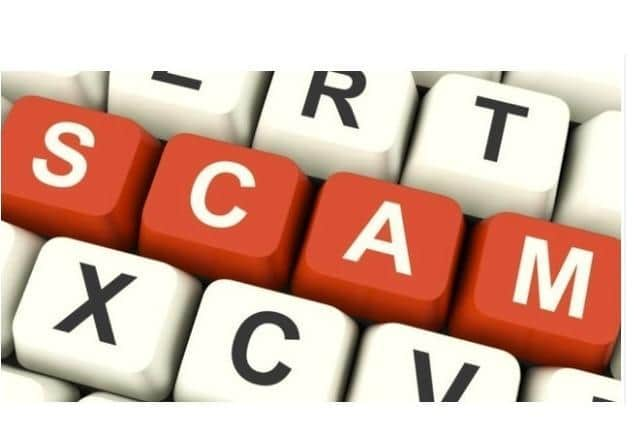Hemel Hempstead residents warned of COVID vaccine scam emails
and live on Freeview channel 276
Scammers have been contacting people claiming they can arrange coronavirus vaccines for a fee.
People around the country have received emails in recent weeks which appear to be from the NHS offering COVID vaccine appointments.
Advertisement
Hide AdAdvertisement
Hide AdThe recipient is asked to click on a link in the email to arrange an appointment, which takes them through to a webpage that asks them for personal and banking details.


At present none of those contacted have suffered any financial losses.
The NHS is the only organisation that has access to the vaccine and will never ask for payment. If you are contacted, please do not engage with the fraudsters.
The NHS is currently contacting eligible people but if you are asked for money it is not a genuine call, text or email.
Advertisement
Hide AdAdvertisement
Hide AdIf you believe you have been a victim of fraud please report to Action Fraud by calling 0300 123 2040 or visiting Action Fraud.
Detective Chief Inspector Sam Khanna, from Hertfordshire Police’s Serious Fraud and Cyber Unit, said: “There was a similar scam in December when people were receiving bogus text messages.
"The fraudsters are very quick to adapt their tactics to take advantage of circumstances, and are now trying email as a way to fool people.
"These emails say that you have 12 hours to confirm the appointment, but don’t be pressured into clicking the link.
Advertisement
Hide AdAdvertisement
Hide Ad"If you receive any unsolicited messages or calls, you should always be sceptical. Avoid clicking links in text and email messages, and always check out the website directly via a search engine to make sure you are visiting a genuine site.”
Scams can come in many forms and is an incredibly sophisticated crime, making it more difficult to distinguish genuine messages from the fake.
Police are offering the following advice:
> Do not open attachments or click on links in emails or texts from senders you don’t know
> Never give out personal information, financial details or passwords in response to an email, text or phone call without verifying that the person is who they claim to be
> Block any numbers that arouse suspicion
> Set up spam filters on all of your accounts
Advertisement
Hide AdAdvertisement
Hide Ad> Always go to a website directly, by typing out the address yourself, when logging into an account
> Keep an eye out for numerous spelling mistakes in messages, these are normally linked to phishing emails and texts.
If you think you, or someone you know has been a victim of online fraud let your bank know what’s happened immediately and report the offence to Action Fraud on 0300 123 2040.